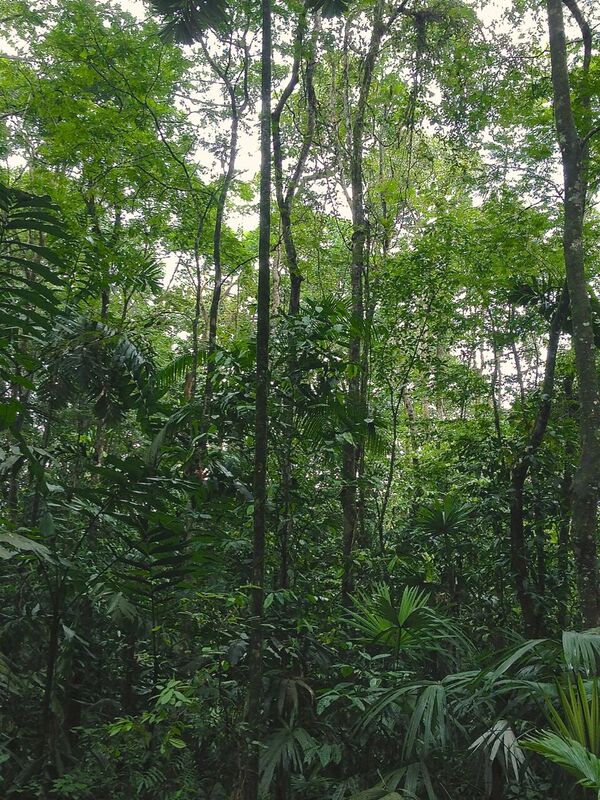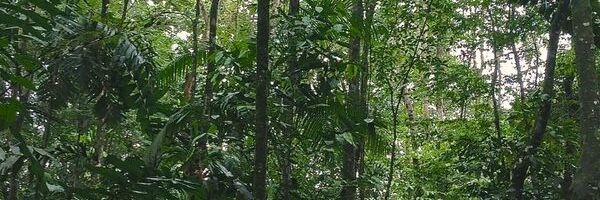
The interior of a 37-yr old second-growth forest at La Selva Biological station, in northeastern Costa Rica. (Image credit: Robin L. Chazdon).
Tropical rainforests that regrow after deforestation take up carbon more quickly than established forests and recover most of their biomass within decades, according to research on forests in Central and South America. Until now the recovery rate of these forests was unknown, hindering reliable estimates of their ability to absorb and store atmospheric carbon.
This information will help to identify forests that are less likely to be resilient, and therefore should be protected, and those which might grow back quickly.
Researchers studied 45 forests and found the ability of the forests to recover was largely determined by the availability of water.
Original research paper published in Nature on February 3, 2015.
Names and affiliations of selected authors
Lourens Poorter, Forest Ecology and Forest Management Group, Wageningen University, Wageningen, Netherlands
Sandra M. Durán, Earth and Atmospheric Sciences Department, University of Alberta, Edmonton, Alberta
Danaë M. A. Rozendaal, Department of Biology, University of Regina, Saskatchewan

